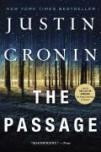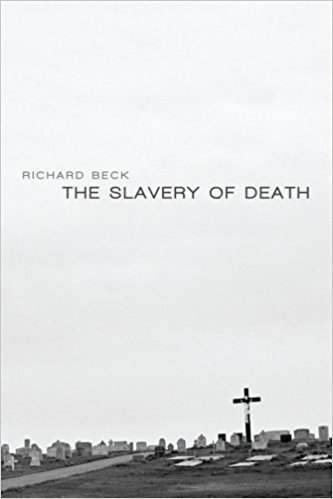The Passage by Justin Cronin
publication date: 2010
pages: 766
ISBN: 978-0-345-50496-8
In his novel, Justin Cronin explored every possible meaning of his title: the passage of time, safe passage, the passing from life into death, a hallway that takes you from A to B, and even a diary entry. Cronin utilized 766 pages to tell the story of a post-apocalyptic Earth in the not-too-distant future. This Earth was overrun by carnivorous beings that the remaining humans had many names for: virals, smokes, dracs. Basically, they were vampires with 400 pages of back story and a medically explainable origin.
The book revolved around Amy, a young girl with the unique ability to talk to the mysterious vampire-like creatures. The story was epic in scope, encompassing decades and much of the United States. The plot began in the very near future, with the government experimenting with the creation of immortal beings. As time passed, and the setting turned more dystopian and fractured, the story shifted to a West Coast community that called itself The Colony.
In my opinion, Cronin wrote this book to explore – or capitalize on – the vampire myth but in an ostensibly “literary” way. The book included many themes, including ruminations on death, time, and fatherhood. It also introduced seemingly logical explanations for what was happening, like a virus that hyper activates the thymus gland. The book was also written from many points of view, all with their own thoughts and motivations. Additionally, Cronin supplemented the narration by including maps, diary entries, academic findings, and the like. Obviously, a lot of time and effort went into the formation of The Passage.
However, with all that effort Cronin put into it, the book didn’t always work. It was too long, with too many twists and turns. It was like watching a Pixar movie, where the characters had to go through numerous pointless adventures. I found myself bored often. Not only was the plot sometimes monotonous or senseless, the abundant meditations on the book’s themes were repetitive. I read what seemed like dozens of paragraphs that were variations on this theme:
His whole life Peter had thought of the world of the Time Before as something gone. It was as if a blade had fallen onto time itself, cleaving it into halves, that which came before and that which came after. Between these halves there was no bridge; the war had been lost, the Army was no more, the world beyond the Colony was an open grave of a history no one even remembered.
Starting about page 425, I was wondering if the book needed to be as long and convoluted as it was; by about 600 I caught myself skimming just to get the book over with; and at about 740 I was bewildered as to the point of it all.
The book wasn’t bad, and it had some interesting parts. If you like reading hefty tomes with plots that never quit, I would absolutely recommend this. It could keep you busy for a while.
4/6: worth reading
other reviews:
New York Times
Los Angeles Times
The Nerdist





